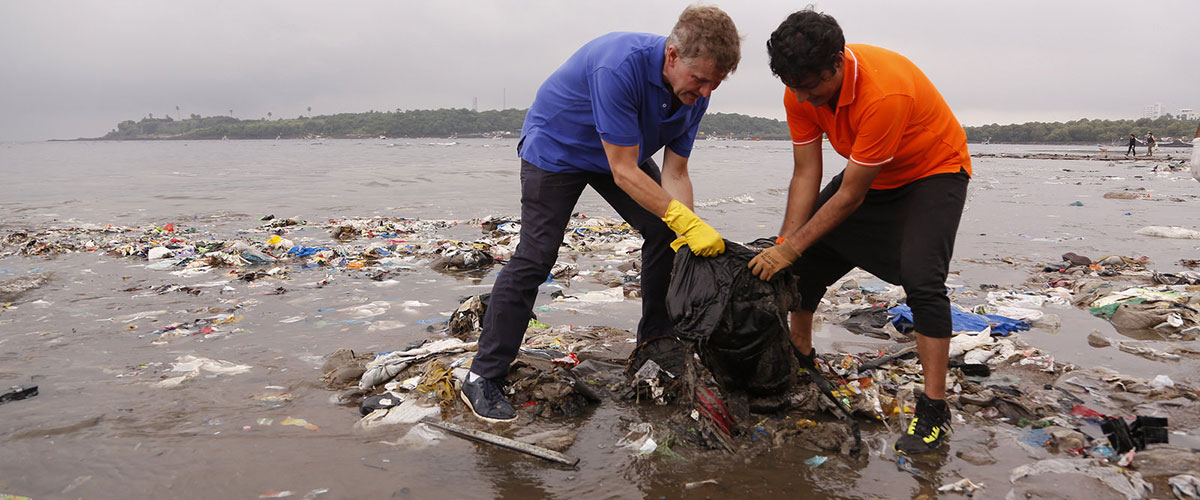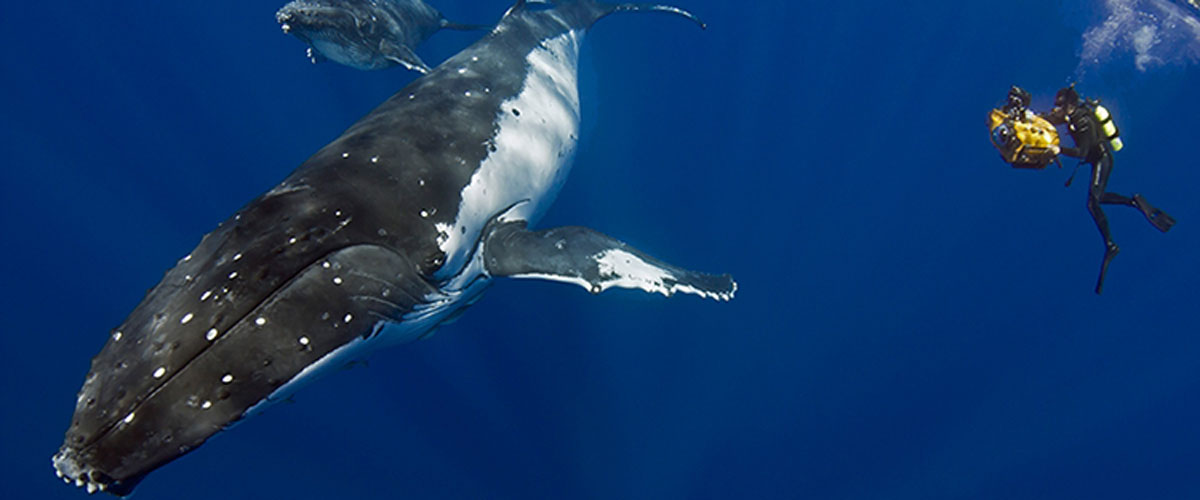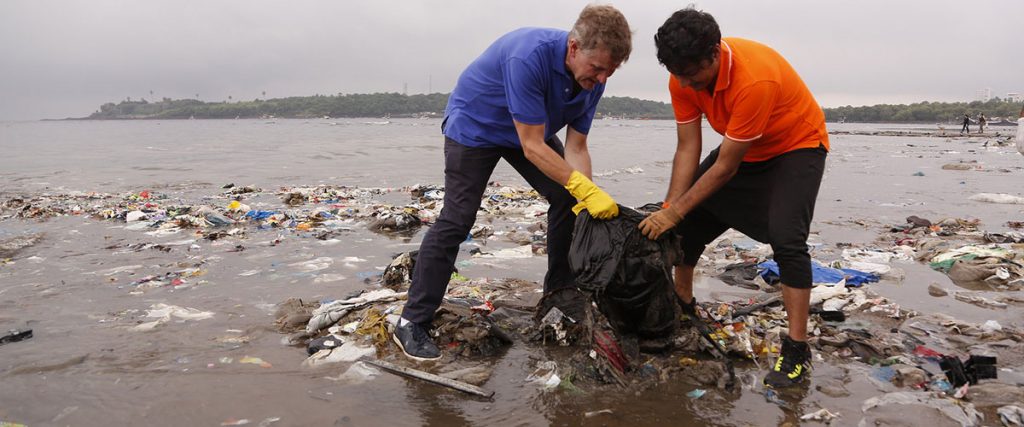

The oceans cover about two-thirds of the surface of the Earth and are the very foundations of life. They generate most of the oxygen we breathe, absorb a large share of carbon dioxide emissions, provide food and nutrients and regulate climate. They are important economically for countries that rely on tourism, fishing and other marine resources for income and serve as the backbone of international trade.
Unfortunately, human pressures, including overexploitation, illegal, unreported and unregulated fishing, destructive fishing, as well as unsustainable aquaculture practices, marine pollution, habitat destruction, alien species, climate change and ocean acidification are taking a significant toll on the world’s oceans and seas.
Peace and security are also critical to the full enjoyment of the benefits that can be derived from the oceans and for their sustainable development. As has been remarked by the Secretary-General: “There will be no development without security and no security without development.”
This year’s theme for the Day is “Our oceans, our future” and is connected to the Ocean Conference taking place from 5 to 9 June at United Nations headquarters in New York.
Why celebrate World Oceans Day?
- To remind everyone of the major role the oceans have in everyday life. They are the lungs of our planet, providing most of the oxygen we breathe.
- To inform the public of the impact of human actions on the ocean.
- To develop a worldwide movement of citizens for the ocean.
- To mobilize and unite the world’s population on a project for the sustainable management of the world’s oceans. They are a major source of food and medicines and a critical part of the biosphere.
- To celebrate together the beauty, the wealth and the promise of the ocean.
As in previous years since 2014, the Division for Ocean Affairs and the Law of the Sea is recognizing on 8 June the winners of the Annual World Oceans Day Oceanic Photo Competition in an event at United Nations Headquarters.
Background
By its resolution 63/111 of 5 December 2008, the UN General Assembly designated 8 June as World Oceans Day.
The concept of a ‘World Oceans Day’ was first proposed in 1992 at the Earth Summit in Rio de Janeiro as a way to celebrate our world’s shared ocean and our personal connection to the sea, as well as to raise awareness about the crucial role the ocean plays in our lives and the important ways people can help protect it.
To raise awareness about the role the United Nations and international law can play in the sustainable development and use of the oceans and their living and non-living resources, the UN Division for Ocean Affairs and the Law of the Sea is actively coordinating different activities of he World Oceans Day.
UNESCO’s Intergovernmental Oceanographic Commission (IOC) sponsors the World Ocean Network, which has since 2002 been instrumental in building support for ocean awareness events on 8 June.
The Oceans
The world’s oceans – their temperature, chemistry, currents and life – drive global systems that make the Earth habitable for humankind.
Our rainwater, drinking water, weather, climate, coastlines, much of our food, and even the oxygen in the air we breathe, are all ultimately provided and regulated by the sea. Throughout history, oceans and seas have been vital conduits for trade and transportation.
Careful management of this essential global resource is a key feature of a sustainable future.
Facts and Figures
- Oceans cover three quarters of the Earth’s surface, contain 97 per cent of the Earth’s water, and represent 99 per cent of the living space on the planet by volume.
- Over three billion people depend on marine and coastal biodiversity for their livelihoods.
- Globally, the market value of marine and coastal resources and industries is estimated at $3 trillion per year or about 5 per cent of global GDP.
- Oceans contain nearly 200,000 identified species, but actual numbers may lie in the millions.
- Oceans absorb about 30 per cent of carbon dioxide produced by humans, buffering the impacts of global warming.
- Oceans serve as the world’s largest source of protein, with more than 2.6 billion people depending on the oceans as their primary source of protein.
- Marine fisheries directly or indirectly employ over 200 million people.
- Subsidies for fishing are contributing to the rapid depletion of many fish species and are preventing efforts to save and restore global fisheries and related jobs, causing ocean fisheries to generate US$ 50 billion less per year than they could.
- As much as 40 per cent of the world oceans are heavily affected by human activities, including pollution, depleted fisheries, and loss of coastal habitats.

